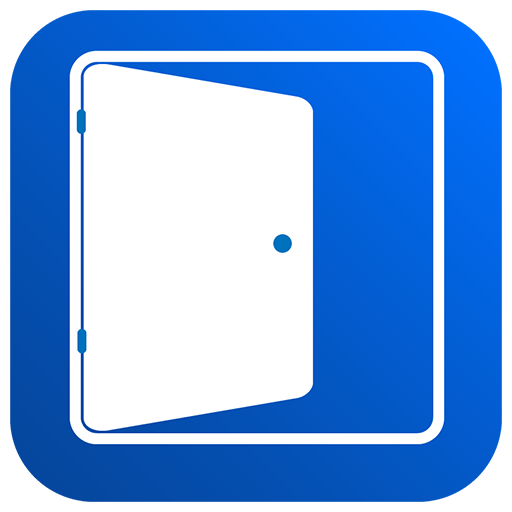
Job interviews can be a daunting experience, even for the most seasoned professionals. They are a critical step in the job-seeking process, where first impressions are everything, and the margin for error is slim. Here, we explore common interview pitfalls and provide strategic advice on how to navigate these challenges successfully.
Arriving Late or Too Early
Punctuality is key in making a positive first impression. Arriving late can signal disrespect for the interviewer's time, while being too early can inconvenience them. Aim to arrive 10-15 minutes before your scheduled interview time to demonstrate your time management skills and respect for the interviewer's schedule
Inappropriate Attire
Dressing inappropriately for an interview can leave a negative impression. It's essential to research the company culture and dress accordingly. When in doubt, err on the side of formality. Clean, well-fitted, and professional attire will always make a good impression
Lack of Preparation
Failing to research the company and role you're applying for is a critical mistake. Demonstrating knowledge about the company's mission, values, and recent achievements shows genuine interest and preparation. Additionally, understanding the job description allows you to tailor your responses to show how your skills and experiences align with the role
Speaking Negatively About Previous Employers
Negative comments about past employers can reflect poorly on your professionalism and character. Focus on what you learned from previous roles and how those experiences have prepared you for the future. If pressed about negative experiences, frame your responses in a way that shows growth and the ability to overcome challenges
Failing to Ask Questions
Not asking questions can signal a lack of interest or preparation. Prepare thoughtful questions about the role, team, company culture, and future challenges. This demonstrates your enthusiasm for the position and provides valuable insights into whether the role and company are a good fit for you
Handling Unexpected Questions
Unexpected questions can catch you off guard, but they're often used to assess your critical thinking and problem-solving skills. Take a moment to breathe and think before responding. If you don't know the answer, it's okay to admit it and suggest how you would find the solution. This honesty can be more impressive than attempting to bluff your way through
Not Following Up
A follow-up thank-you note is not just polite; it's an opportunity to reiterate your interest in the position and highlight how your skills make you the ideal candidate. Send a personalized thank-you email within 24 hours of the interview to leave a lasting positive impression
Conclusion
Interviews are your opportunity to showcase your skills, experiences, and fit for the role. By avoiding these common pitfalls and preparing thoroughly, you can navigate the interview process more confidently and increase your chances of success. Remember, each interview is a learning experience, and even if you don't get the job, you can use the feedback to improve in future interviews.
